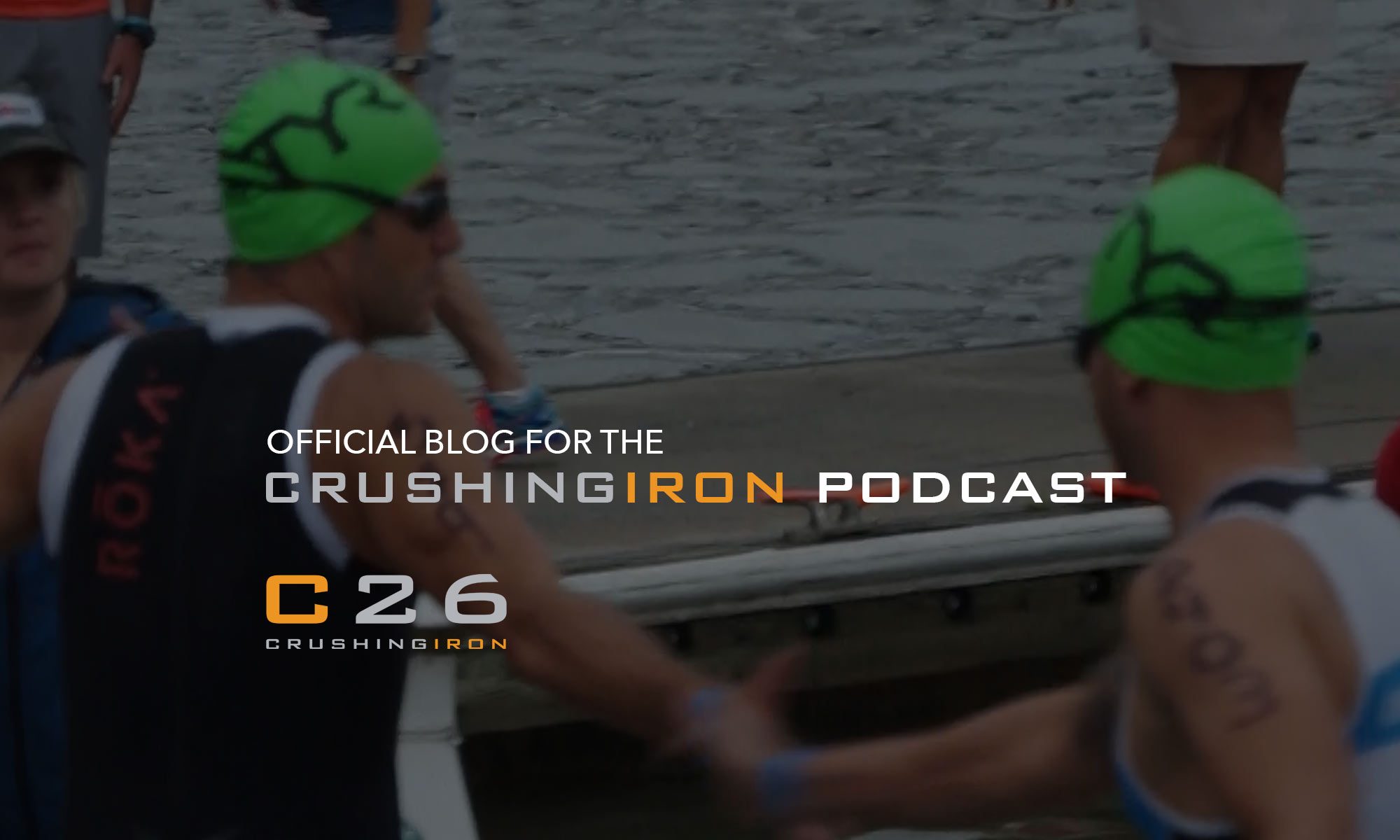Five years ago I couldn’t run a mile. I could barely swim one lap in the pool. And while I am a natural cyclist, I had no idea what real riding meant.
I was lost, sluggish, depressed.
I knew things were out of control, and it took a video of myself to realize it.
Something had give and it turned up in the form of a Couch to 5k Challenge.
I didn’t particularly like running, but somehow I stuck with it through all the pain. There was a lot of pain that first year.
Soon, I began to understand that pain, even embrace it a little. I’m not talking about broken bone pain, but broken spirit. Four years later, I am amazed at the power of the body and mind to battle through pain.
This September, I will compete in my 4th Ironman. I cannot begin to explain how impossible this sounded to me only four years ago. Even with my cycling background, I had only ever ridden 50 miles and that took me most of the day. Now I would add a two and a half mile swim and a full marathon around 112 miles on the bike? Absolutely no fucking way could a guy like me do this . . . especially at 50 years old.
I wouldn’t necessarily recommend it to everyone, because it was hard. Really hard. Four hour spin bike rides followed by 40 minute runs in February? Who wants to do that shit? 100 mile rides through hilly terrain? It can really suck.
But somehow it all came together on a beautiful Fall day in Wisconsin about a year and a half after I started running. Only one and a half years after I started running I finished an Ironman.
I don’t say that to brag (although I’m proud of it) I say it because it amazes me. It plants an incredible seed of potential in my mind (your mind) about what is possible in life.
These last few months have uncovered a different kind of funk. I’m sure it’s a familiar feeling for a lot of multiple Ironmen. The challenge is no longer “can I do it,” but “how fast?” That can be disconcerting.
I honestly feel like it’s time to take the lessons I’ve learned in Ironman, patience, belief, etc. and put that energy into becoming a more balanced person. Maybe cutting those 10 milers in half and using 5 miles of running energy to create films, books, friendships. Life experiences.
A lot of us have the habit of changing paths and dumping everything before it. I really think the key to growth is to “transcend and include,” so I’m living with a new direction, but I’m not kicking Ironman to the curb. There are too many valuable lessons and people in that world to walk away.
The more we see people “just like us” doing amazing things, the more we believe in ourselves. That’s really the thing about Ironman . . . it exposes us to endless possibilities, both on and off the course.
Follow Crushing Iron on Facebook and Twitter.
